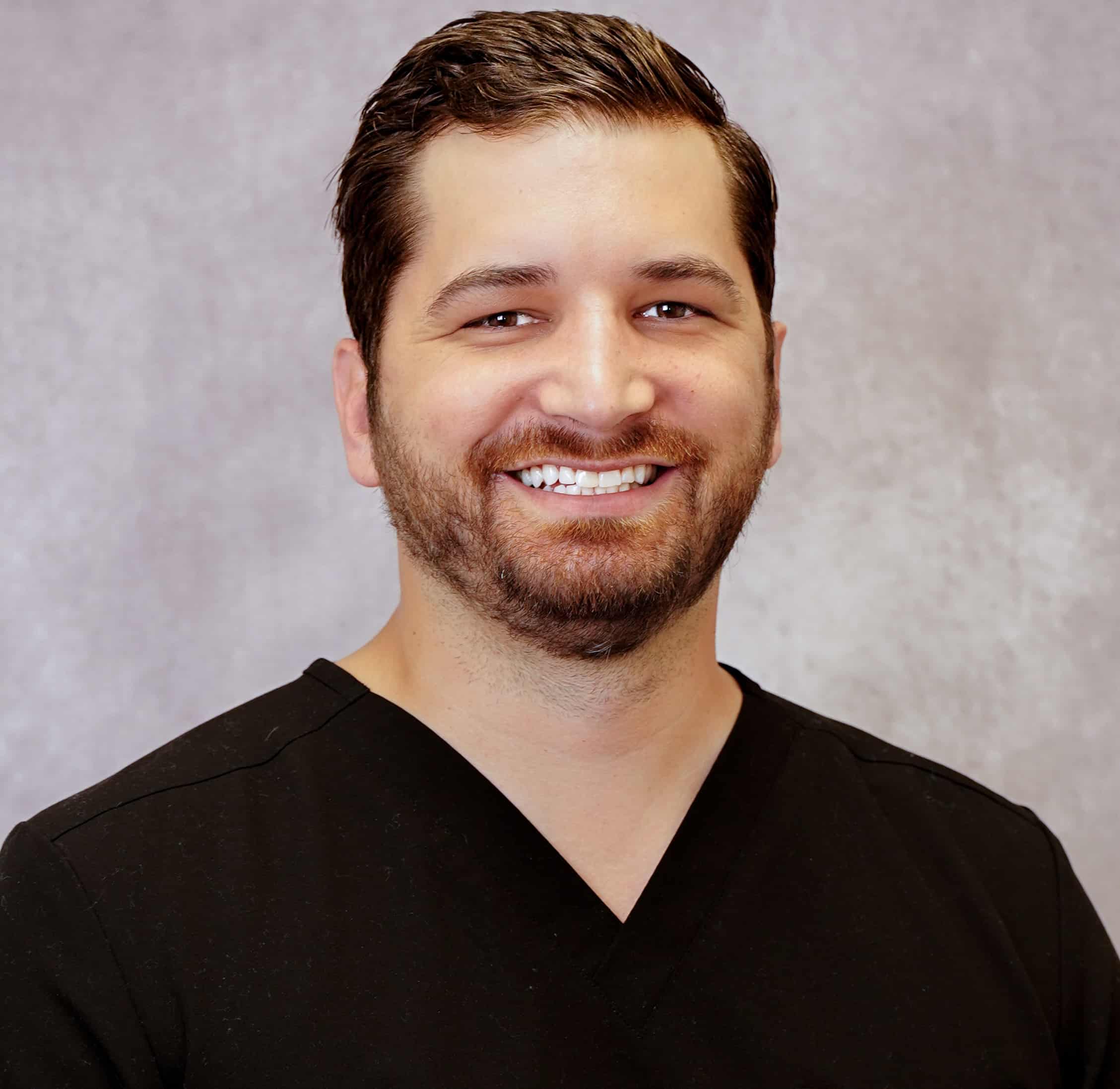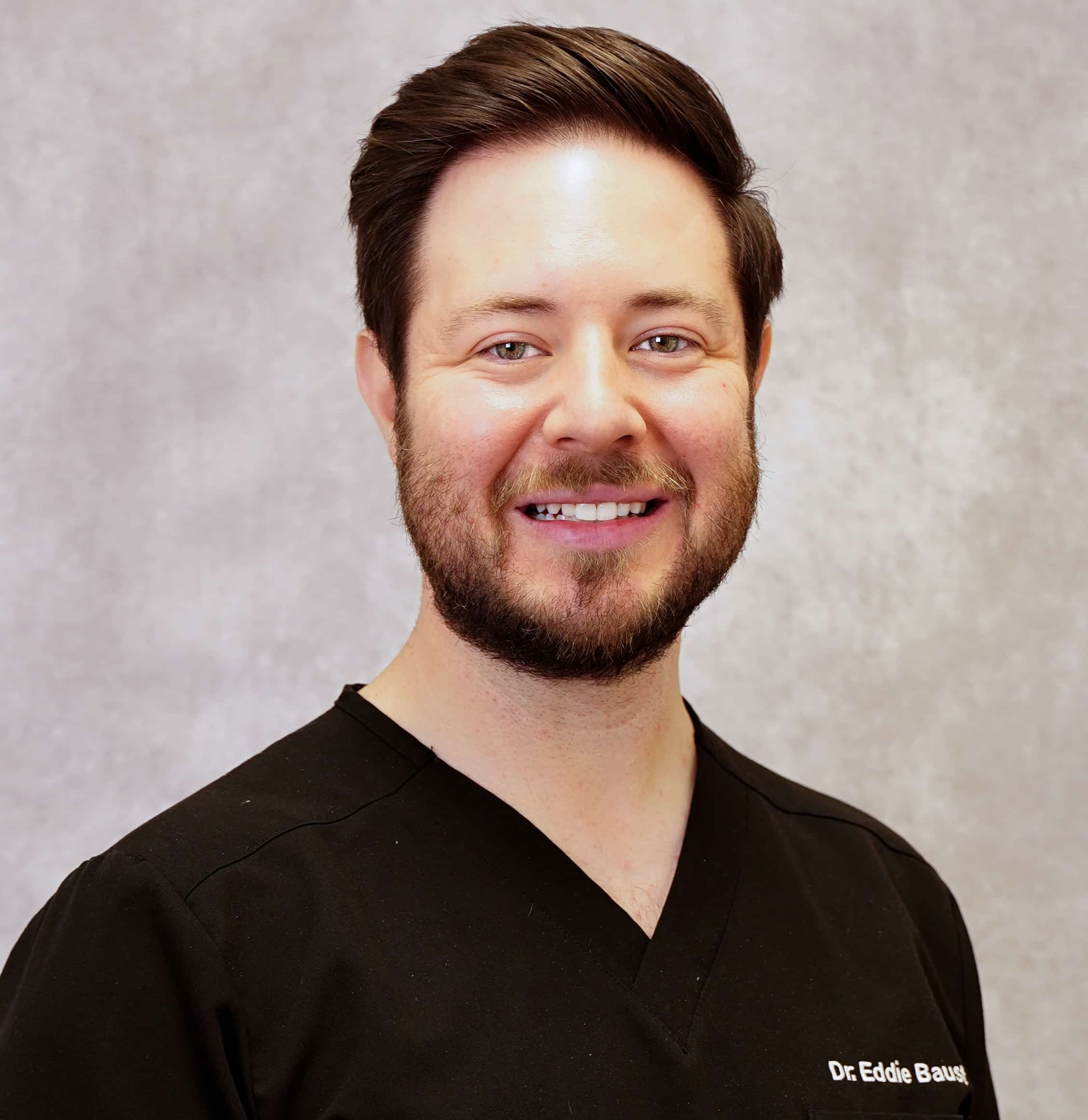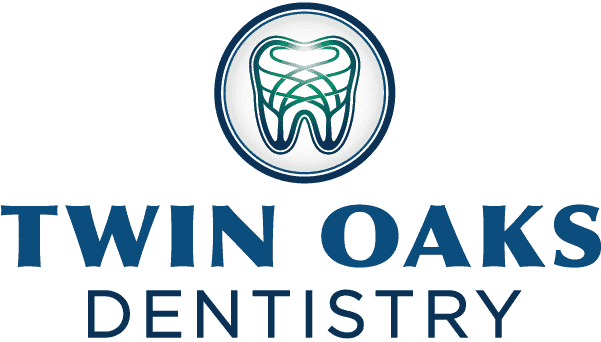
Managing Expectations and Long-Term Outcomes for Dental Implants in Winston-Salem, NC
Dental implants are one of the most trusted, long-lasting solutions for replacing missing teeth. But like any dental procedure, success over time depends on understanding the process, knowing what to expect, and staying consistent with your care.
At Twin Oaks Dentistry in Winston-Salem, we believe in helping patients make informed decisions about their health. If you’re considering implants or already have them, this guide will help you understand what to expect, how to maintain them, and when to ask questions.
This Article Will Address:
- How long dental implants last and why
- What happens to implants after 10–20 years
- Common causes of implant failure
- How long placement surgery takes
- Maintenance and care expectations
- Whether failed implants can be replaced
- What temporary teeth options exist
- Your full arch and long-term restoration choices
What Happens to Dental Implants After 20 Years?
Many patients are surprised to learn that dental implants can last 20 years or more. With proper care and regular dental checkups, the titanium post can remain strong and well-integrated into the jawbone for decades. Even after 20 years, it’s common for the bone around the implant to remain healthy and stable.
That said, while the implant post is incredibly durable, the crown or bridge attached to it may eventually show signs of wear. These restorations may need to be replaced every 10–15 years depending on bite pressure, grinding habits, or daily use.
Why Might a Dental Implant Fail After 10 Years?
Most dental implants don’t fail. However, when they do, there are usually identifiable causes. These include:
- Inconsistent or poor oral hygiene
- Skipping regular dental exams and cleanings
- Advanced gum disease or bone loss
- Excessive pressure from teeth grinding (bruxism)
- Health conditions like diabetes or smoking
At Twin Oaks Dentistry, we keep a close eye on your implant health through digital X-rays and routine exams. Preventive care is the best way to catch small issues before they turn into larger ones.
How Long Does It Take to Place a Dental Implant?
Implant placement is more efficient than many patients expect. Once the area is numb, the procedure usually takes between 30 to 45 minutes per implant.
Factors that may affect the timeline include:
- The number of implants being placed
- Whether bone grafting is needed
- The complexity of your individual anatomy
We use advanced 3D X-ray imaging and precise planning to ensure efficient, comfortable treatment.
What Is the Lifespan of a Titanium Dental Implant?
The titanium post used in dental implants is built to last a lifetime. However, longevity comes down to patient care. Here’s what makes the difference:
- Brushing and flossing daily
- Maintaining regular cleanings and dental checkups
- Avoiding habits like smoking or chewing hard foods
- Managing teeth grinding, if present
With the right approach, your implant can offer lifelong function and support. If the crown wears out over time, it can often be replaced without disturbing the implant post.
Can a Dental Implant Be Replaced If It Fails?
In most cases, yes, though it’s more complex than placing an implant for the first time. Replacing a failed implant typically involves:
- Bone grafting to restore the surrounding bone structure
- Time to heal before a new implant is placed
- Careful evaluation of the cause of failure
While an implant can be replaced, the overall success rate may be lower if the supporting bone has deteriorated. That’s why early intervention is so important.
What Is the Healing Process Like After Implant Surgery?
Recovery happens in phases:
- Initial healing (soft tissue): 1 to 2 weeks
- Osseointegration (bone fusion): 3 to 6 months
During healing, we recommend:
- Eating soft foods and avoiding crunchy or chewy items
- Keeping the area clean with gentle rinses
- Avoiding brushing directly on the surgical site for a few days
- Attending all follow-up visits to monitor healing
At Twin Oaks Dentistry, we’ll walk you through every step to ensure a smooth and successful recovery.
Are Temporary Teeth Available While Healing?
Yes. We understand how important appearance and function are during healing. Depending on your case, we may recommend:
- A removable flipper (temporary tooth)
- A transitional partial denture
- A temporary bridge
These options help preserve your smile and confidence while your implant integrates with the bone.
What Are the Long-Term Maintenance Needs for Dental Implants?
Caring for an implant is very similar to caring for a natural tooth. The key difference is that implants require a bit more attention to gum health and cleaning technique. We recommend:
- Brushing twice a day with a soft-bristled brush
- Flossing daily or using a water flosser
- Scheduling cleanings and checkups every six months
- Noticing and reporting any swelling, sensitivity, or changes
Twin Oaks Dentistry offers personalized home care plans based on your restoration, bite, and oral health.
Are There Risks or Complications With Dental Implants?
While dental implants are highly successful, complications can occur. The most common risks include:
- Infection at the implant site
- Nerve irritation (if the implant is placed near a nerve)
- Bone loss around the implant (peri-implantitis)
Most of these issues are preventable with proper planning, technique, and follow-up care. We proactively manage these risks through digital imaging, clean technique, and education.
What Are My Tooth Replacement Options Beyond a Single Implant?
If you’re missing multiple teeth, we offer advanced implant-supported options beyond single crowns:
- Implant-supported bridges for several missing teeth in a row
- Full-arch dentures that snap onto implants (overdentures)
- Fixed full-arch options for maximum stability (like All-on-4 alternatives)
Our team will help you decide what makes sense based on your goals, budget, and lifestyle.
Final Thoughts and Next Steps
Dental implants offer more than just a way to restore your smile—they provide confidence, stability, and long-term oral health. At Twin Oaks Dentistry in Winston-Salem, we take the time to educate our patients, provide tailored care, and build treatment plans that support lasting results. If you’re considering implants, or want a second opinion on your options, we’re here to help. Call our Winston-Salem office or book online today to schedule your dental implant consultation. Let’s find the right long-term solution for your smile.
Sources:

Chase Joyce, DMD
Dr. Chase Joyce, a Winston-Salem native, is passionate about providing the best care to his patients. After earning his Doctor of Dental Medicine from LECOM School of Dental Medicine in 2017, Dr. Joyce returned home and now lives in Kernersville with his wife, Laura, and their young child. Outside of the office, he enjoys camping, fishing, hiking, and spending time with his family. Dr. Joyce understands that many patients feel uneasy about dental visits, and he works hard to create a comfortable, relaxed environment. Always committed to learning, he stays up to date with the latest in dentistry to offer the best care possible.

Edward Baust, DMD
Dr. Edward Baust, originally from Georgia, graduated from LECOM School of Dental Medicine in 2017. After completing an implant training course with Dr. Joyce, he and his wife, Dr. Krysten Sherrod, moved to Winston-Salem to open Twin Oaks Dentistry. Dr. Baust is dedicated to making every patient feel welcome and ensuring they have a positive dental experience. Outside of the office, he enjoys traveling, exploring nature, flying, and cheering for the Georgia Bulldogs. A music lover and avid golfer, Dr. Baust is always eager to make meaningful connections with his patients.
